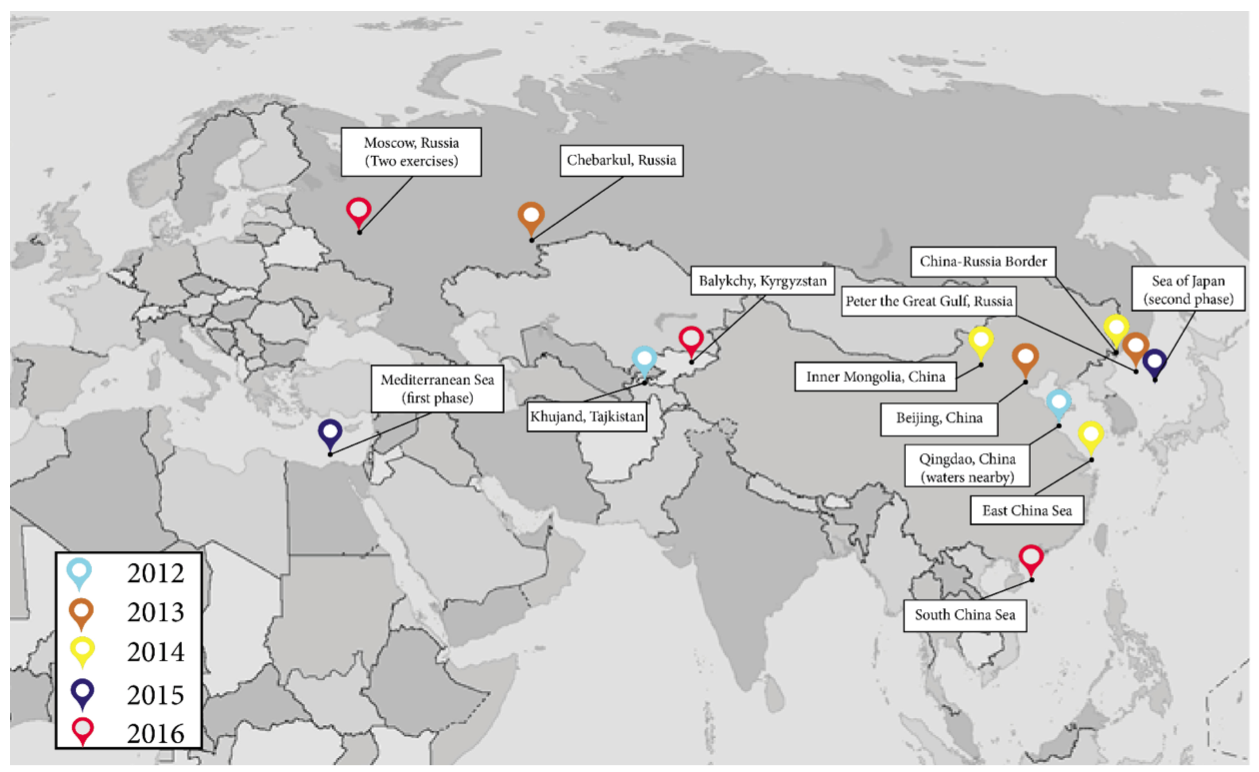President Trump said the United States would respond within 24-48 hours. Secretary of Defense Mattis said nothing was off the table, so there goes the USS Donald Cook.
The Arleigh Burke-class guided-missile destroyer USS Donald Cook (DDG 75) departed Larnaca, Cyprus, April 9, 2018, after completing a scheduled port visit. The ship’s presence in the Mediterranean is a demonstration of our continued commitment to regional security. U.S. 6th Fleet, headquartered in Naples, Italy, conducts the full spectrum of joint and naval operations, often in concert with allied and interagency partners, in order to advance U.S. national interests and security and stability in Europe and Africa.

The US and Russia have traded barbs at a UN Security Council meeting on the alleged chemical attack in Syria.
Russian envoy Vassily Nebenzia said the incident in Douma was staged and that US military action in response could have “grave repercussions”.
US Ambassador Nikki Haley said Russia had the “blood of Syrian children” on its hands.
Earlier, the UN human rights chief said world powers were treating chemical weapons use with a “collective shrug”.
US President Donald Trump has said “major decisions” on Syria will be made in the next two days.
Ms Haley said that if the UN Security Council acts or not, “either way, the United States will respond”.
Washington has not ruled out military strikes. In April last year, the US fired cruise missiles at a Syrian airbase after a Sarin attack on the opposition-held town of Khan Sheikhoun killed more than 80 people. More here.
***
The information, based on data from seven sources, shows that the Syrian government is responsible for the majority of 85 confirmed chemical weapon attacks. The data also show that the Syrian government has been largely undeterred by the efforts of the United Nations Security Council, the international Organisation for the Prohibition of Chemical Weapons (OPCW), and unilateral action by individual countries to enforce the prohibition on Syria’s use of chemical weapons.
“In Syria, the government is using chemical weapons that are banned the world over without paying any price,” said Lama Fakih, deputy Middle East director at Human Rights Watch. “One year after the horrific sarin attack on Khan Sheikhoun, neither the UN Security Council nor the Organisation for the Prohibition of Chemical Weapons has acted to uphold the prohibition against chemical weapon attacks.”
U.S. military planners have drawn up more than one option for possible military action against Syria, including a strike similar to last year’s attack in which 59 sea-launched cruise missiles inflicted heavy damage on a Syrian Air Force airfield in Homs.
Pentagon officials, speaking on condition of anonymity, said the options now are similar to those presented to President Trump after last year’s chemical attack in northern Syria that killed and injured hundreds of civilians, including women and children.
But officials said the president could decide to choose a more robust option this time, given that Syrian President Bashar Assad didn’t seem to get the message last time.
“While the process of drawing up and presenting the options are similar to last year, I wouldn’t look at this through a soda straw,” said one official familiar with the planning. “It’s up to the president to decide how to respond. It’s up to us to provide the options.”
A Navy source said the U.S. has a number of ships armed with Tomahawk cruise missiles in the region, including the USS Donald Cook, a guided-missile destroyer that has just completed a port call in Cyprus, and got underway in the eastern Mediterranean within range of Syria Monday. More here.








 Before Russia and China began their recent series of bilateral exercises, the key tie between Moscow and Beijing was arms sales and military technology cooperation — totaling about $26 billion from 1992 to 2006 — according to estimates cited in the report.
Before Russia and China began their recent series of bilateral exercises, the key tie between Moscow and Beijing was arms sales and military technology cooperation — totaling about $26 billion from 1992 to 2006 — according to estimates cited in the report.
